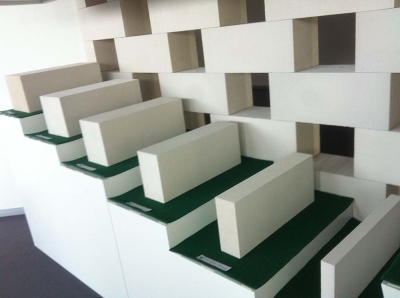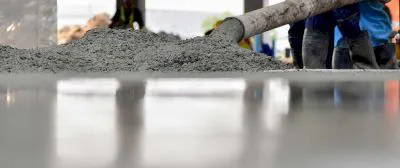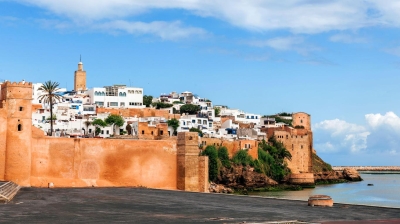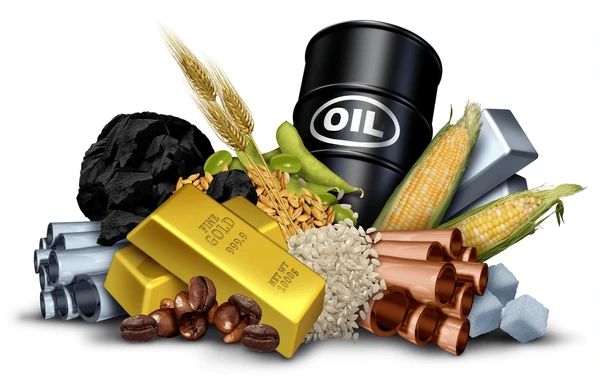- Anbar Asia
- Trade with Morocco
- Morocco's Construction Materials market
- Concrete blocks trade in Morocco



Directory of Concrete blocks suppliers in Morocco
 success-untied3 months ago
success-untied3 months ago المواد الغذائية بالجملةGroceries, Spices, Herbal Distillate, Seeds And Seedlings, Vegetables, Cereals And Legumes, Animal Feed
المواد الغذائية بالجملةGroceries, Spices, Herbal Distillate, Seeds And Seedlings, Vegetables, Cereals And Legumes, Animal Feed ايوب18 months ago
ايوب18 months ago حجر كريم
حجر كريم


